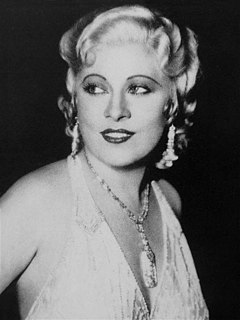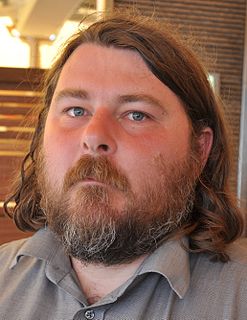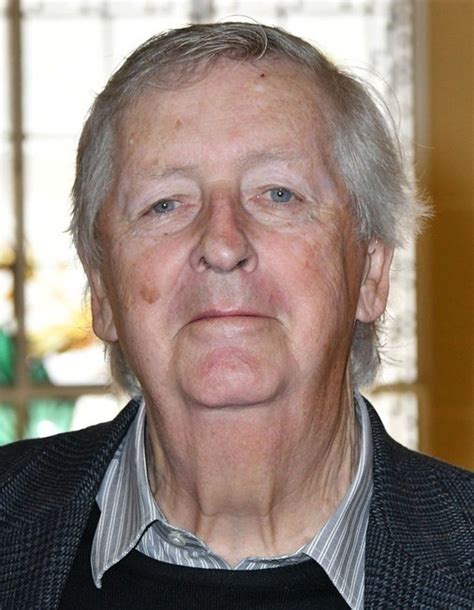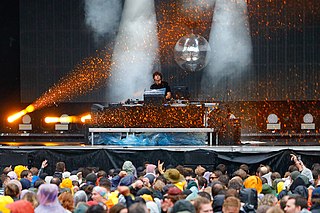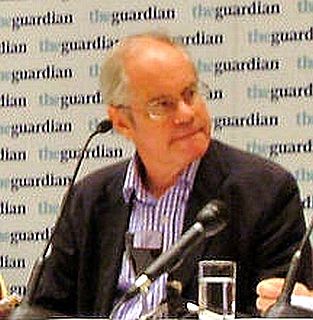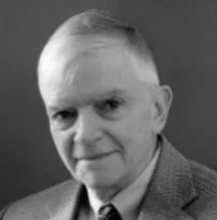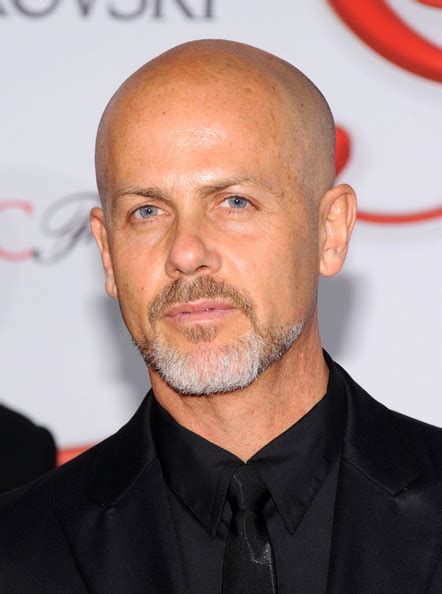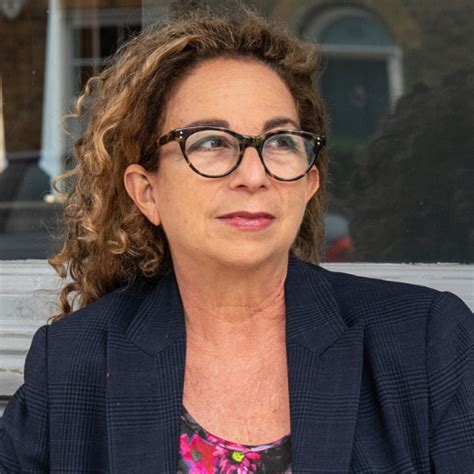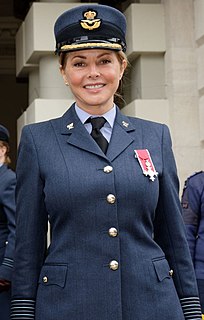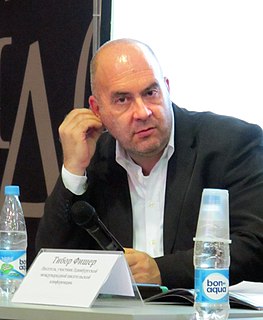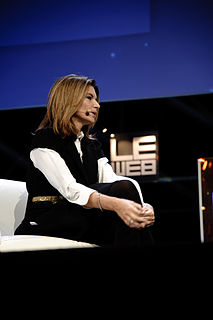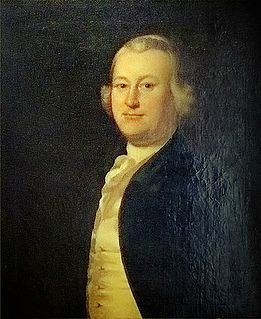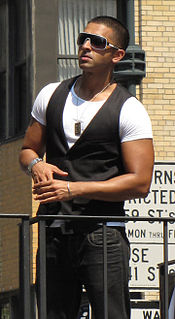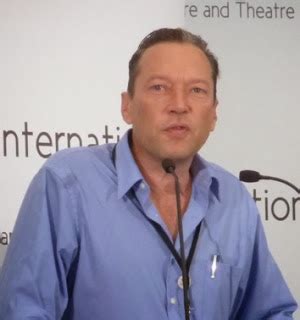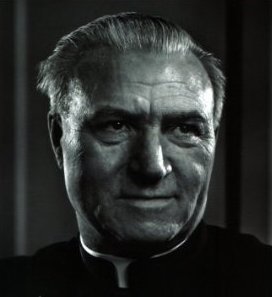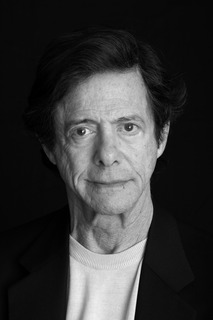Top 1200 British Soldiers Quotes & Sayings - Page 6
Explore popular British Soldiers quotes.
Last updated on December 22, 2024.
Countries are different. They make different choices. We cannot harmonise everything. For example, it is neither right nor necessary to claim that the integrity of the single market, or full membership of the European Union requires the working hours of British hospital doctors to be set in Brussels irrespective of the views of British parliamentarians and practitioners.
What should we do? We have no wish to interrupt the destroyer's work of saving lives... But war is war and the people being picked up out of the water are soldiers bound for the front; soldiers who are to shoot at our German brothers... The question whether we are to perish in despair or defiance, or survive all trails with a live conscience, depends wholly and solely on whether we believe in the forgiveness of sins. This 25th January was the turning point in my life, because it opened my eyes to the utter impossibility of a moral universe.
I'm British; I live here, and I've always made my films here. And we're on a journey in British filmmaking right now. We're attracting big films again. 'Star Wars' filming here will employ thousands of people. We're world-class in so many of the craft elements, and the vibrancy of our filmmaking is strong.
But if we come back, if German men come back, if British men come back, and Japs, and French, and all the other men, all of us talking, writing, painting, making movies of heroes, and cockroaches and foxholes and blood, then future generations will always be doomed to future Hitlers. It's never occurred to boys to have contempt for wars, to point to soldiers' pictures in history books, laughing at them. If German boys had learned to be contemptuous of violence, Hitler would have had to take up knitting to keep his ego warm.
And it is undeniably true that the greatest and most important right of a British subject is that he shall be governed by no laws but those to which he, either in person or by his representatives, hath given his consent; and this, I will venture to assert, is the great basis of British freedom; it is interwoven with the Constitution, and whenever this is lost, the Constitution must be destroyed.
People say, "How do you get into the British film industry?" There is no British film industry, there are just people making films and finding their own way. It's not like in the States where there are studios and there's an actual infrastructure to it; there's just nothing here. You make it from scratch a lot of the time.
The British have turned their sense of humour into a national virtue. It is odd, because through much of history, humour has been considered cheap, and laughter something for the lower orders. But British aristocrats didn't care a damn about what people thought of them, so they made humour acceptable.
The British are the last national group who can be insulted by Hollywood without any comeback. These days if you depict Italians as gangsters, Saudis as terrorists or Mexicans as violent drug dealers you'll never hear the end of it. But as still the largest - and possibly the richest - ethnic group in the States, the British just have to take it.
My great-great-aunt was a terrorist. I'm not talking about the sense in which the pacifist Mahatma Gandhi was branded a terrorist by the British parliament in 1932: Pritilata Waddedar was an active participant in armed struggle against the British state. She supplied explosives. She fired a gun. And I'm proud of it.
Land Grant College Act is the jewel of Republican reform. It had not occurred to any other country to educate their farmers and workers. When the British studied the reasons for American success in 1851, the consensus was that Americans workers were well educated. So they didn't oppose progress the way British workers did.
In Britain, British history is naturally a mainstream subject. Step outside your own narrow specialism, and you can find yourself treading on someone else's toes. But in America, British history is an eccentric, minority pursuit, and while this can be intellectually isolating, it also permits extraordinary freedom.
In the past, people couldn't place me. They thought that I was Danish or English or French. They never got that I am Italian. I'm not typical, maybe because my visual education was very mixed. There was a lot of London in my aesthetic: The Face, i-D, British music, and a lot of British fashion . . . But I really enjoy this contrast.
While I am most at home in London, I cannot really label myself as either British or Trinidadian. I write in the English language and live in the U.K. I find it hard to say that I am an entirely British writer, especially when I supported Trinidad in the 2006 World Cup and also support the West Indies cricket team.
When I see an entire community disenfranchised, it disturbs me. Not that I'm a message guy, per se. I write about people. I like to write about human beings, not crap political rhetoric. I've tried to avoid that all my life. When I wrote about soldiers in Vietnam, I wasn't trying to make a political statement. I was trying to write about how screwed things were for soldiers, and how they still are.
A broadsheet obituarist once pointed out to me that veteran soldiers die by rank. First to go are the generals, admirals and air marshals, then the brigadiers, then a bit of a gap and the colonels and wing commanders and passed-over majors, then a steady trickle of captains and lieutenants. As they get older and rarer, so the soldiers are mythologised and grow ever more heroic, until finally drummer boys and under-age privates are venerated and laurelled with honours like ancient field marshals. There is something touching about that.
One of the things about being raised British in Africa is that you get this double whammy of toughness. The continent in place itself made you quite tough. And then you've got this British mother whose entire being rejects 'coddling' in case it makes you too soft. So there's absolutely nothing standing between you and a fairly rough experience.
I think maybe the destructive pleasure got turned into the destructive pleasure of war (something we see still in the images of US soldiers urinating on the dead bodies of Taliban soldiers). Something of the pleasure in destruction gets unleashed, and then becomes part of war effort rationalised first as revenge (or justice defined as revenge). But then it takes new forms, as we see now.
A certain secret jealousy of the British Minister is always lurking in the breast of every American Senator, if he is truly democratic; for democracy, rightly understood, is the government of the people, by the people, for the benefit of Senators, and there is always a danger that the British Minister may not understand this political principle as he should.
We know that there were so many Japanese American soldiers in World War II who were fighting in Europe despite the fact that their families, their parents were back home in American prison camps. It's savagely ironic that between themselves and the African-American soldiers, who were also segregated and didn't see the fruition of the work the culminated in the Civil Rights Act until the '60s, that these American heroes and their stories are not well known; and the fact that the 442nd/100th became the most decorated unit in U.S. history.
I remember I was really into this British band, The Vapors, with that song "Turning Japanese." I thought that they were really next level genius cryptic weirdos. And then I realized when I got older they are just using a lot of British words, and I didn't know what they meant. But I thought, Oh, they are making up their own language.
Dear London, British fashion is a serious business. The British fashion industry is worth £21bn to the U.K. economy and employs 819,000 people across the country. With your help, we would like to see these numbers rise for the good of our industry, our talented designers, and our reputation worldwide.
I soon began to dream. ... I heard subdued sobs, as if a number of people were weeping. ... I left my bed and wandered downstairs. ... There I met with a sickening surprise. Before me was a catafalque, on which rested a corpse wrapped in funeral vestments. Around it were stationed soldiers who were acting as guards; and there was a throng of people, gazing mournfully upon the corpse, whose face was covered, others weeping pitifully. 'Who is dead in the White House?' I demanded of one of the soldiers, 'The President,' was his answer; 'he was killed by an assassin.''
So whom does God wrong in commanding the destruction of the Canaanites? Not the Canaanite adults, for they were corrupt and deserving of judgment. Not the children, for they inherit eternal life. So who is wronged? Ironically, I think the most difficult part of this whole debate is the apparent wrong done to the Israeli soldiers themselves. Can you imagine what it would be like to have to break into some house and kill a terrified woman and her children? The brutalising effect on these Israeli soldiers is disturbing.
Every British Subject born on the continent of America, or in any other of the British dominions, is by the law of God and nature, by the common law, and by act of parliament, (exclusive of all charters from the crown) entitled to all the natural, essential, inherent and inseparable rights of our fellow subjects in Great- Britain.
In England, all the English car companies were beginning to circle the drain in a series of well-deserved failures and bankruptcies, earned by making lousy products with very poor production at high prices. So, the government, back in the '70s, nationalized all the British car companies. The result was British Leyland, a name that perhaps doesn't resonate much with you.
I was born in a little town called Lund in British Columbia. It's like a fishing village. My parents were hippies. They tried to live off the land, so I grew up in a log cabin, and we didn't get running water until I was 4. The next year, we got electricity. Then we moved to the city, Victoria, British Columbia, so I could go to school.
Among the handful of British diplomats and military men aware of their government's secret policy in the Middle East-that the Arabs were being encouraged to fight and die on the strength of promises that had already been traded away-were many who regarded that policy as utterly shameful, an affront to British dignity.
The modern Middle East was largely created by the British. It was they who carried the Allied war effort in the region during World War I and who, at its close, principally fashioned its peace. It was a peace presaged by the nickname given the region by covetous British leaders in wartime: 'The Great Loot.'
Now, the United States' response, the western response to this is a continuation of the appeasement that was started back in the '50s with Eisenhower when Iran seized western oil companies. The Americans, the British, and the Israelis, as I remember, launched an attack to try to reclaim it and - or at least the British and the Israelis did and Eisenhower vetoed it.
What the British seem to like are television historians and naturalists, not public intellectuals. You can't help feeling that's because one supplies narrative and the other supplies facts, and the British are traditionally empiricists so they/we have a resistance to theory and to theoreticians playing too prominent a role in public life.
It is disgusting to notice the increase in the quantity of coffee used by my subjects, and the amount of money that goes out of the country as a consequence. Everybody is using coffee; this must be prevented. His Majesty was brought up on beer, and so were both his ancestors and officers. Many battles have been fought and won by soldiers nourished on beer, and the King does not believe that coffee-drinking soldiers can be relied upon to endure hardships in case of another war.
We are patriotic enough to believe there is no good reason why foreign investors from Europe cannot be expected to resolve any disputes fairly through British justice, operating through British courts. And we are European enough to think that our companies can do the same by relying on European courts.
Whether we consider Nazi Germany or Abu Ghraib prison, there were many people who observed what was happening and said nothing. At Abu Ghraib, one photo shows two soldiers smiling before a pyramid of naked prisoners while a dozen other soldiers stand around watching passively. If you observe such abuses and don't say, "This is wrong! Stop it!" you give tacit approval to continue. You are part of the silent majority that makes evil deeds more acceptable.
Now, when North Korea rears its head, we send our ships, we send our planes, we get ready, we got our 28,000 soldiers on the border, that's a seriously dangerous border by the way, they've got their million and a half man army and we have 28,000 soldiers. But here we are, doing this, protecting, and I am saying to myself, we don't even get money; we don't get anything for doing this.

